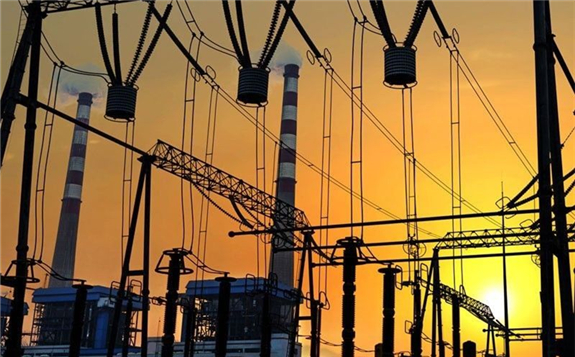SN Aboitiz Power Group (SNAP) – the joint venture of SN Power of Norway and Aboitiz Power Corp.—is looking to scale up its floating solar portfolio after its pilot project proved to be viable.

The company said the floating solar project over Magat Dam has proven its viability, both technical and commercial.
“The pilot project and the initial pre-feasibility study conducted by SNAP on the floating solar have shown positive results,” SNAP president and CEO Joseph Yu said.SNAP switched on its first 200-kilowatt (kw) floating solar project over Magat Dam, its first non-hydro RE project, in June 2019.
Because of the pilot project’s success, the SNAP board has approved the project to proceed to engineering design for 67 megawatts (MW).
“We are now conducting a feasibility study to validate the initial results and confirm the viability of a commercial-scale project , which may have a capacity of 67 MW or higher - to be placed also on the Magat reservoir,” Yu said.
He said the FS phase is expected to run for about 10 to 12 months.
“We have no firm numbers yet on costs that we can disclose at this stage,” Yu said.SNAP owns and operates the 380-MW Magat hydro on the border of Isabela and Ifugao after it acquired the power asset from the government in 2007.
Magat was the first privatization deal successfully concluded with significant foreign participation under the Electric Power Industry Reform Act (EPIRA).
Only the power components of Magat were privatized, the dam and its re-regulating facilities downstream are owned and maintained by the National Irrigation Administration.
Last year, SNAP invested over $400,000 or nearly P24 million, for the pilot floating solar project placed over a 2,500-square meter area over the Magat reservoir. It partnered with Ocean Sun, a Norwegian floating solar technology provider, to install the facility.
The floating solar facility is made up of 720 solar panels on a circular installation—whose design is inspired by the Amazon water lily—held in place by four mooring systems.
The 200-KW facility provides internal power to SNAP-Magat’s facilities.
SNAP had conducted stress tests on the pilot project to ensure that the facility can withstand massive inflows and strong typhoons.
The floating solar project’s success would prompt the company to scale up the facility so that the power generated may contribute to its renewable energy capacity and to the country’s energy security.
Apart from Magat, SNAP is also looking at other locations for its floating solar expansion.
The company also owns and operates the 8.5-MW Maris hydro in Isabela, the 105-MW Ambuklao hydro in Benguet, and the 140-MW Binga hydro also in Benguet.
This article is reproduced at www.philstar.com